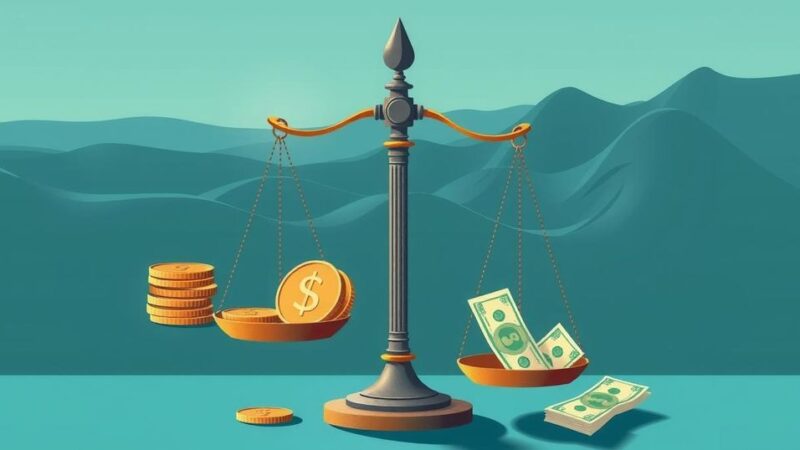Recent protests in Brazil express public dissatisfaction over governmental policies and social issues, while a University of Michigan poll indicates a 10.5% drop in U.S. consumer confidence, raising concerns about economic stability.
Protests in Brazil have gained attention recently, reflecting public discontent over various socio-economic issues. Demonstrators are voicing their concerns regarding government policies, inflation, and social inequality, which have persisted over the years. As these protests continue, they signify a deeper engagement of citizens in the political process, highlighting the need for government responsiveness to public grievances.
In the United States, recent data from the University of Michigan indicates a significant decline in consumer confidence, dropping by 10.5% within the last month. Bill Adams, the chief economist at Comerica Bank, expressed concern that this reduction in consumer confidence might severely hinder economic growth. Adams warns that as consumer spending diminishes, the economy could face more severe challenges.
The ongoing protests in Brazil highlight pressing social and economic concerns that require governmental attention. Simultaneously, the declining consumer confidence in the United States signals potential economic instability, emphasizing the need for proactive measures to ensure sustained growth. Both situations underscore the critical relationship between public sentiment and economic health.
Original Source: www.goshennews.com






